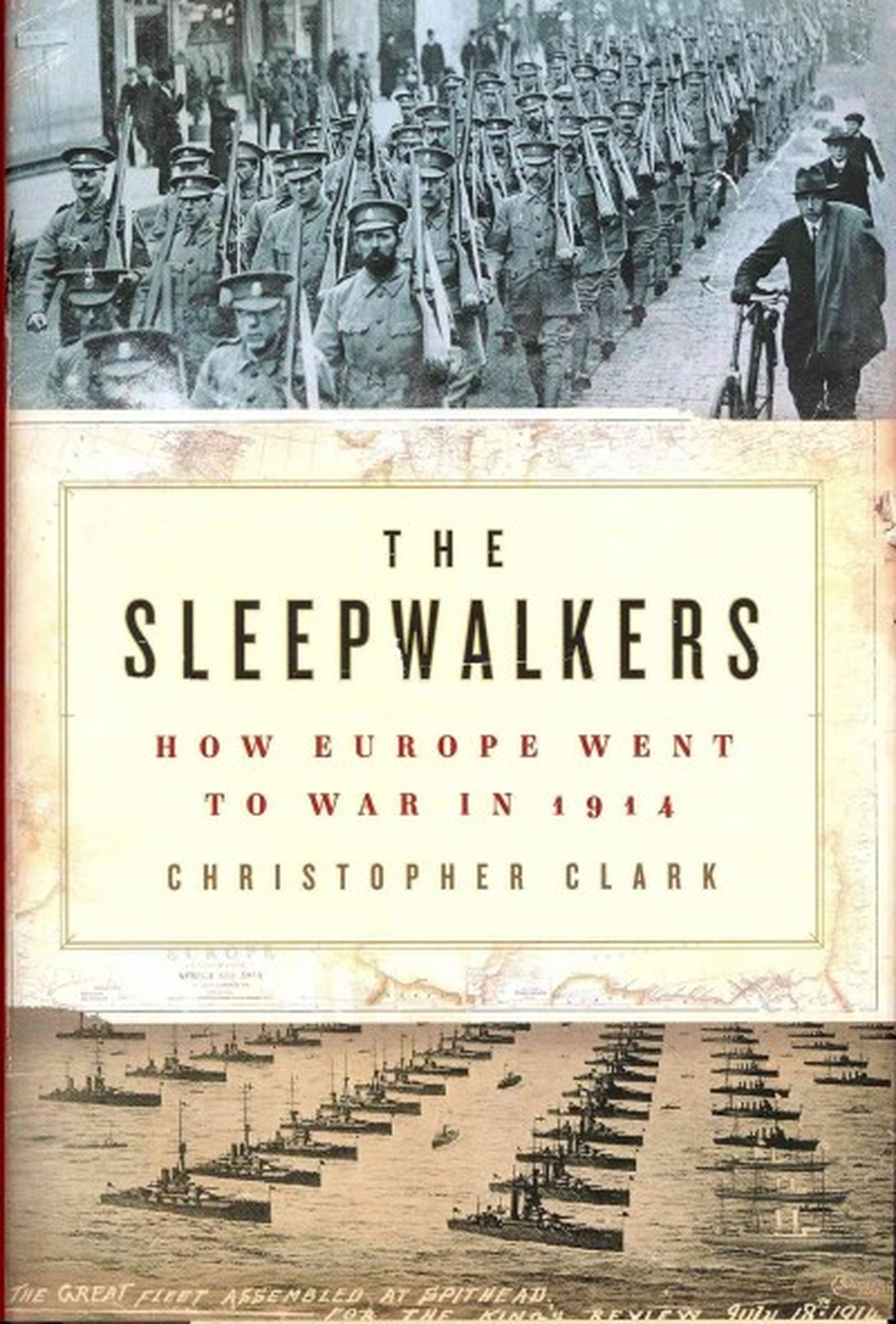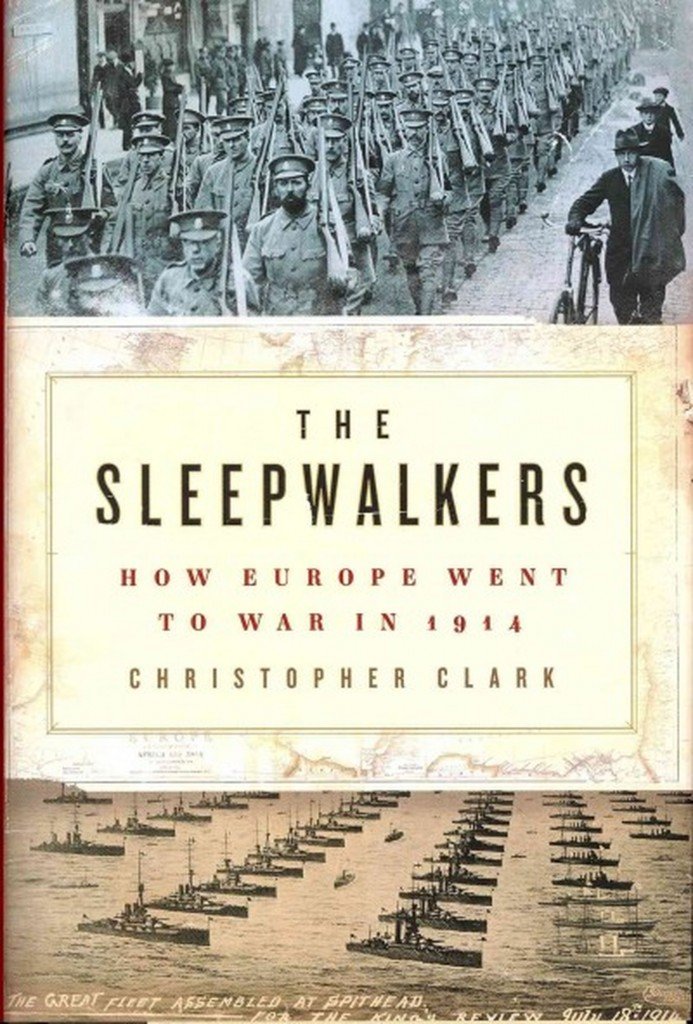
Unraveling WWI’s Start – The Sleepwalkers By Christopher Clark

Review of The Sleepwalkers: How Europe Went to War in 1914 by Christopher Clark
This book covers in minute, but always interesting, details the events of June through early August, 1914 in Europe. The Sleepwalkers shows how World War I started, but also points out several cases where more resolute actions by leaders might have averted war.
Several interesting arguments are made from Clark’s voluminous documentation not seen before:
- Leaders of Germany and Russia, Kaiser Wilhelm and Tsar Nicholas (first and second cousins, respectively of King George V of England), are not portrayed as absolute rulers who alone made the decisions for war. They held extensive power, no doubt, but were curtailed to a considerable extent along the way by both civil and military advisors.
- The Archduke Franz Ferdinand, whose assassination sparked the conflicts, is not seen as merely heir to a corrupt Hapsburg dynasty. Instead, he is shown as a liberal, who had intentions of granting autonomy to at least the southern Slavs in Slovenia, Croatia, Bosnia and Herzegovina. Instead of a dual monarchy of Austria and Hungary, there might have been a third division, with a capital on a par with Vienna and Budapest. This intent is what doomed him to death at the hands of Serbian fanatics. They wanted a basis so dissatisfied Slavs could work to overthrow Austrian domination and come under the “freedom” of Serbian control.
- Serbia, in World War I accounts, is often pictured as a tiny, harmless nation that was bullied by a giant Austria-Hungary war machine. Documents show Serb behavior in lands they had just acquired through extended war with Turkey. Even against other Slavs, such as Muslim Slavs, they committed the same kind of atrocities that led to world condemnation in the 90s. Serbian officials, if not directly behind the Archduke’s assassination, had close knowledge and contacts with the murdering fanatics.
- One apparently minor flaw exists in Clark’s history. The Tsar’s mother was the niece of Queen Victoria, which meant his second cousin relationship with the Kaiser and English King. Clark doesn’t deny this relationship, but seems to overlook it. Even so, this is trivial compared to Clark’s insights.
- Despite the eventual wartime alliance between Great Britain and Russia, the former had deep mistrust of Russian designs against the Kingdom of Persia and much territory of China.
- Germany under Kaiser Wilhelm is generally assigned ultimate blame for World War I. The Versailles Treaty in 1919 emphasized this. Clark, to be fair, doesn’t sugarcoat Germany’s blatant violation of Belgian sovereignty in transporting troops in 1914 to attack France. But he makes convincing arguments for broad scale blame, assignable in significant degrees among Great Britain, France, Germany, Russia, Austria-Hungary, Serbia and even Italy.
All in all, Clark’s work is a most valuable addition in providing understanding of the great World War I bloodbath and conflict.




































